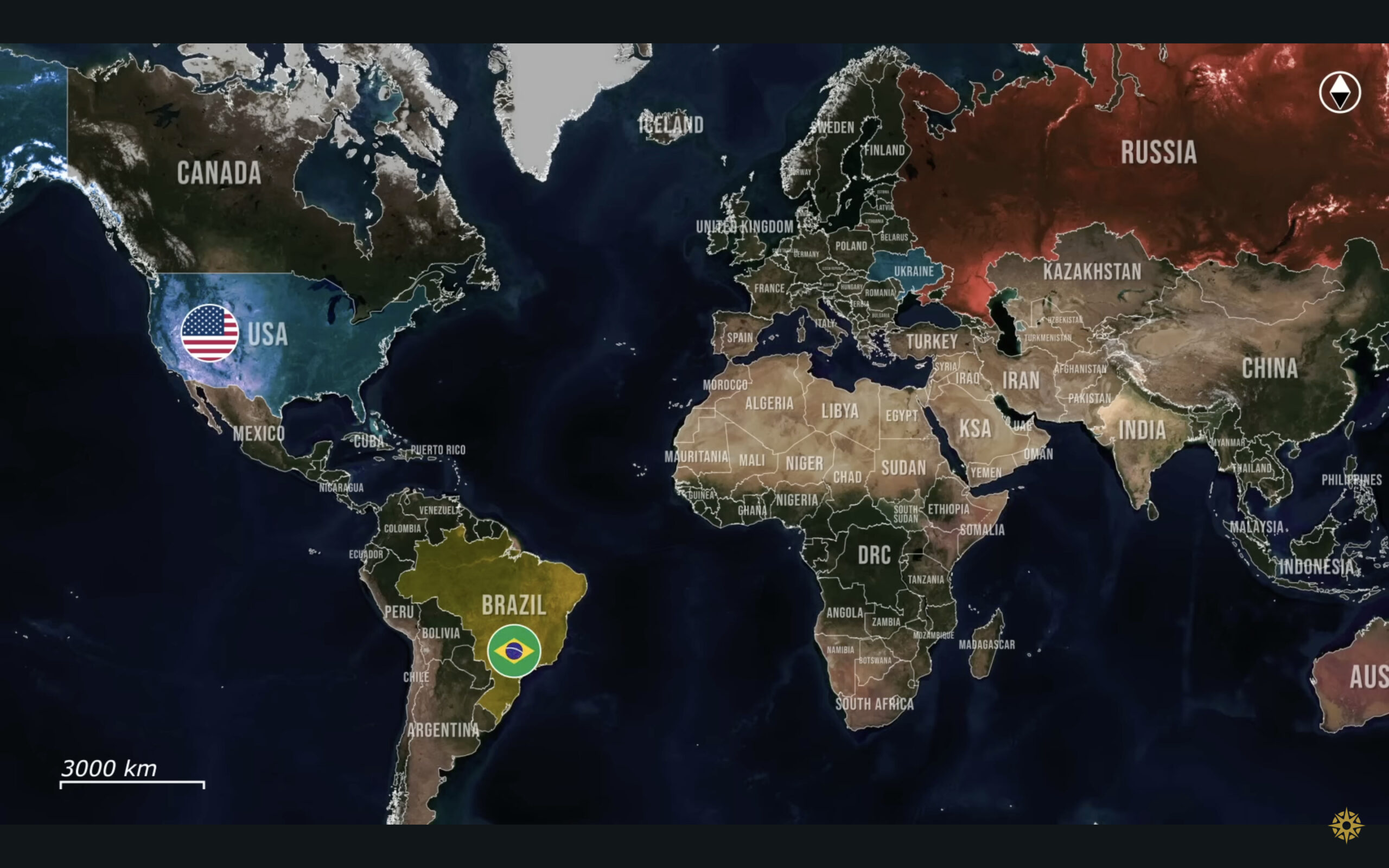Today, the biggest news comes from the Russian alliance.
Here, a new trade offensive reveals the United States has found a soft underbelly in the Brics alliance. Brazil, long seen as the most vulnerable member of the Russian economic alliance, is now facing steep tariffs and mounting pressure, turning it into a frontline state in the economic war to isolate Russia.
So far, the attack has been led by President Donald Trump himself. The White House has confirmed that tariffs on Brazilian seafood will rise to 50 percent starting at the beginning of August, currently the highest such penalty in the world.
According to reports from Rio Grande do Norte, where much of the industry is based, the impact could be immediate: more than 30 vessels may suspend operations, 1,500 workers could lose their jobs, and major exporters like Produmar warn that sales to the US will become unfeasible.
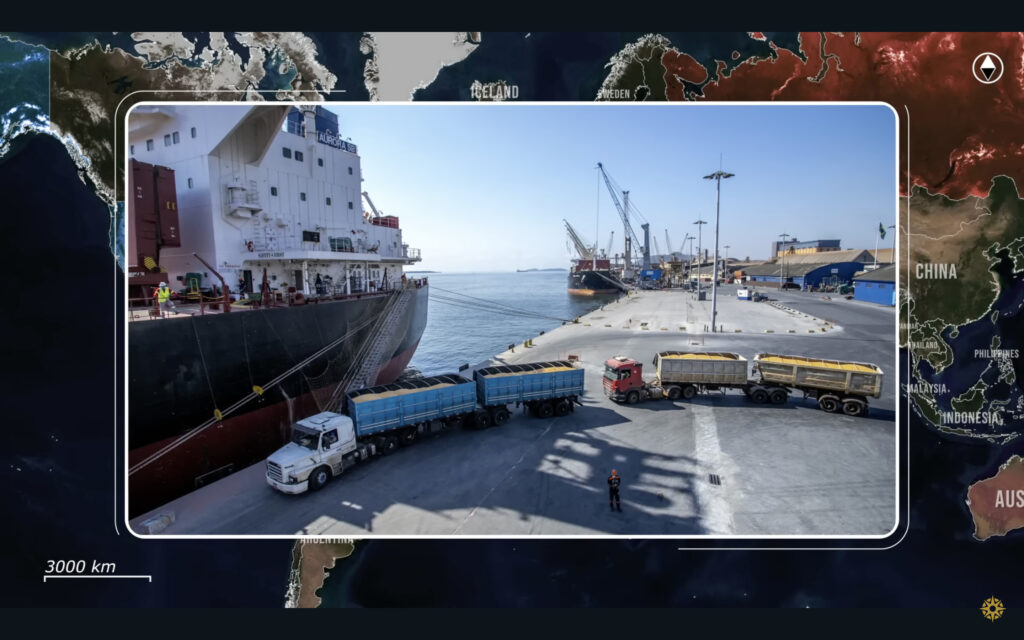
While framed as a trade policy decision, Washington has already signaled broader escalation: satellite services like GPS may be restricted, sanctions on government entities are on the table, and US diplomats are pressuring Brazil to break alignment with the Brics coalition, a bloc now increasingly seen as the backbone of Russia’s geopolitical strategy.

The official justification is highly personal. President Trump has repeatedly criticized Brazil’s prosecution of former president Jair Bolsonaro, who attempted to orchestrate a military coup through 2022 and 2023, calling it a witch hunt against Trump’s political ally. But behind this statement, a broader strategic move is at play.
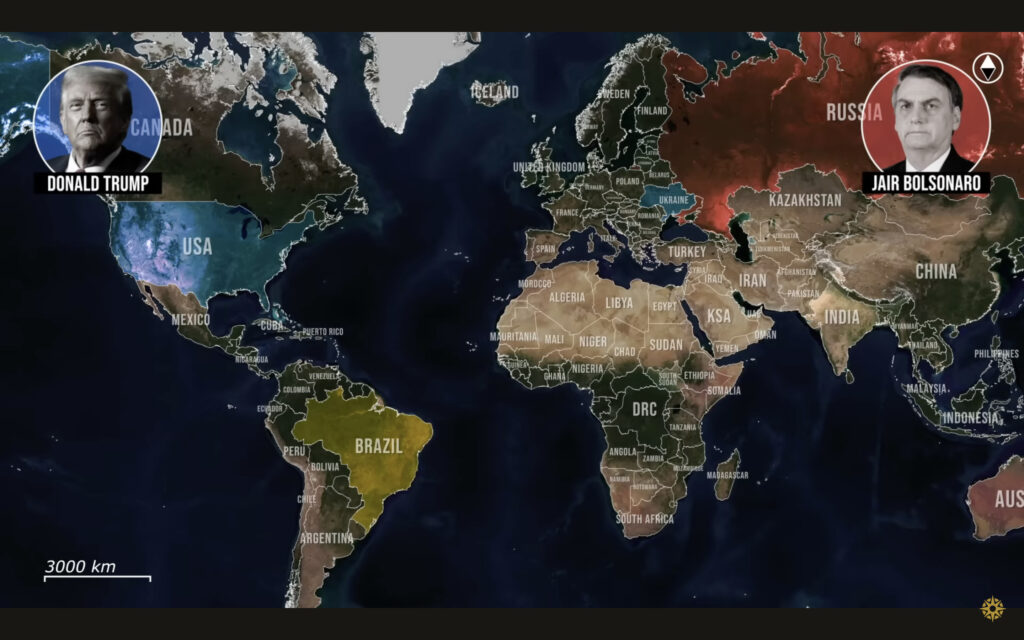
Brics has emerged as the United States’ most significant economic and geopolitical competitor, and Brazil is one of the original BRICS members and the third largest economy in the group behind China and India, yet it is also the most dependent on the United States for exports, finance, and high-tech imports.
By pressuring Brazil first, Washington is testing whether the BRICS alliance can survive an asymmetric economic war, beginning not with the most defiant members, but instead with the most exposed.
That exposure runs deep; roughly 20 percent of Brazil’s exports go to the United States, and many of its most profitable industries, agriculture, energy, and aerospace, depend on access to US markets, machinery, and data systems to function properly. The threat of cutting off GPS access is especially serious: Brazil’s space agency and large agricultural businesses greatly rely on American satellite data for everything from navigation to logistics and crop planning.
Although Brazil is now exploring alternatives, switching systems would take years, cost billions, and potentially isolate the country from its biggest investors.
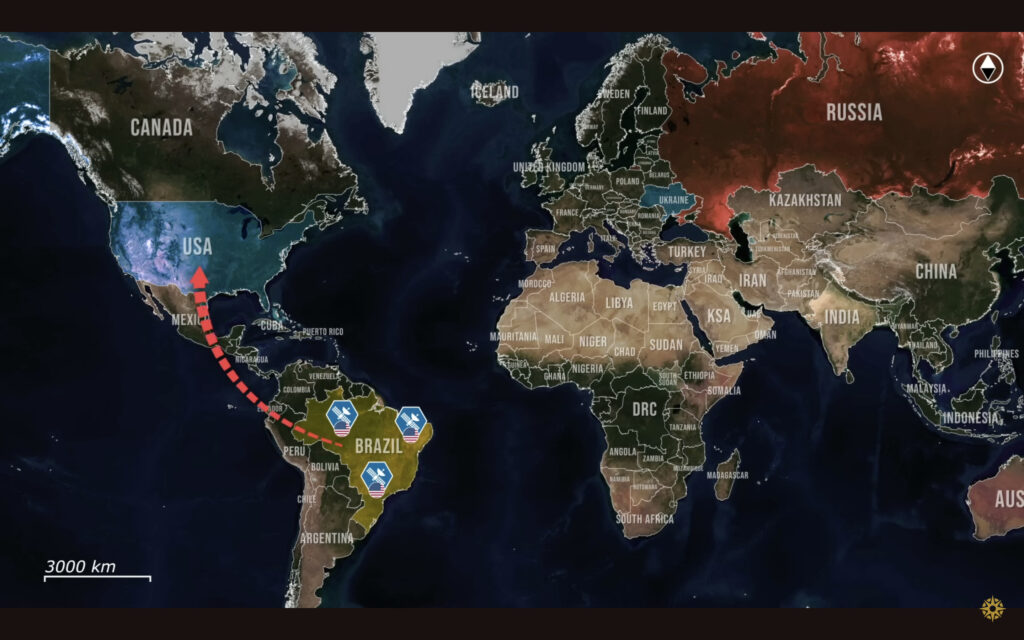
This is precisely what makes the US strategy so dangerous for BRICS cohesion. If the glass canon of the Brazilian economy folds under pressure, it might also be forced to halt its participation in key BRICS initiatives or leave the coalition altogether, meaning that Russia will face immediate consequences.
Moscow has spent years promoting BRICS as a geopolitical counterweight to the West, including through de-dollarized trade, shared financial infrastructure, and new commodity pricing schemes. If Brazil steps back, it could disrupt these alternative Russian trade routes, payment mechanisms, and undermine diplomatic coordination, leaving Russia even more isolated at a time when its access to hard currency, global finance, and reliable partners is already shrinking.
The pressure comes as Russia faces major economic troubles; sanctions, crackdowns on its shadow fleet, and de-dollarization have sharply limited its trade options.
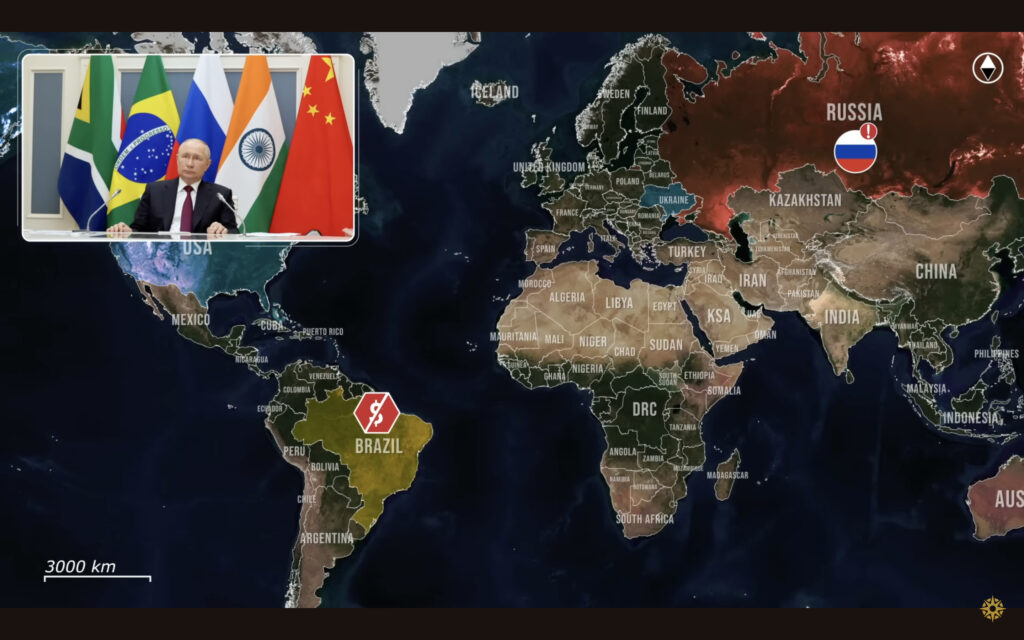
Brics remains Moscow’s best shot at salvaging energy exports, arms sales, and financial alternatives, and therefore its economy. Losing Brazil would weaken the bloc’s credibility and further erode Russia’s international pitch of Brics as a viable economic system, and unlike India, Brazil lacks scale, self-sufficiency, or military leverage, and if it folds, others will notice.
Overall, the United States has launched a calculated strike on the weakest point of the Russian Brics alliance, using tariffs, sanctions, and diplomatic pressure to peel away Brazil from its economic allies. What was framed as a protest over Bolsonaro’s prosecution might be a clever move to combat the US’s biggest geopolitical competitor.
And as BRICS fractures, Russia risks becoming even more isolated, losing the alliance’s third-largest economy, and one larger than its own, which would strip Moscow of credibility and critical leverage.
In our regular frontline report, we pair up with the military blogger Reporting from Ukraine to keep you informed about what is happening on the battlefield in the Russo-Ukrainian war.




